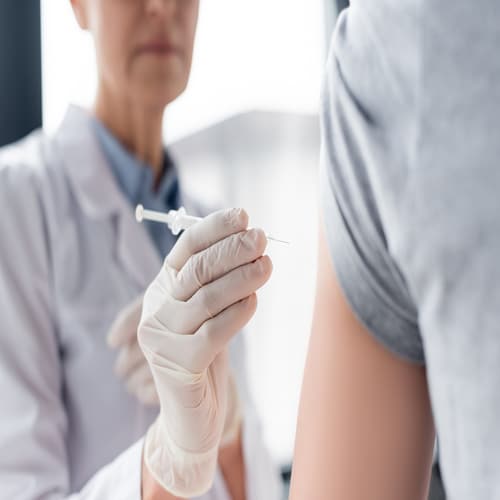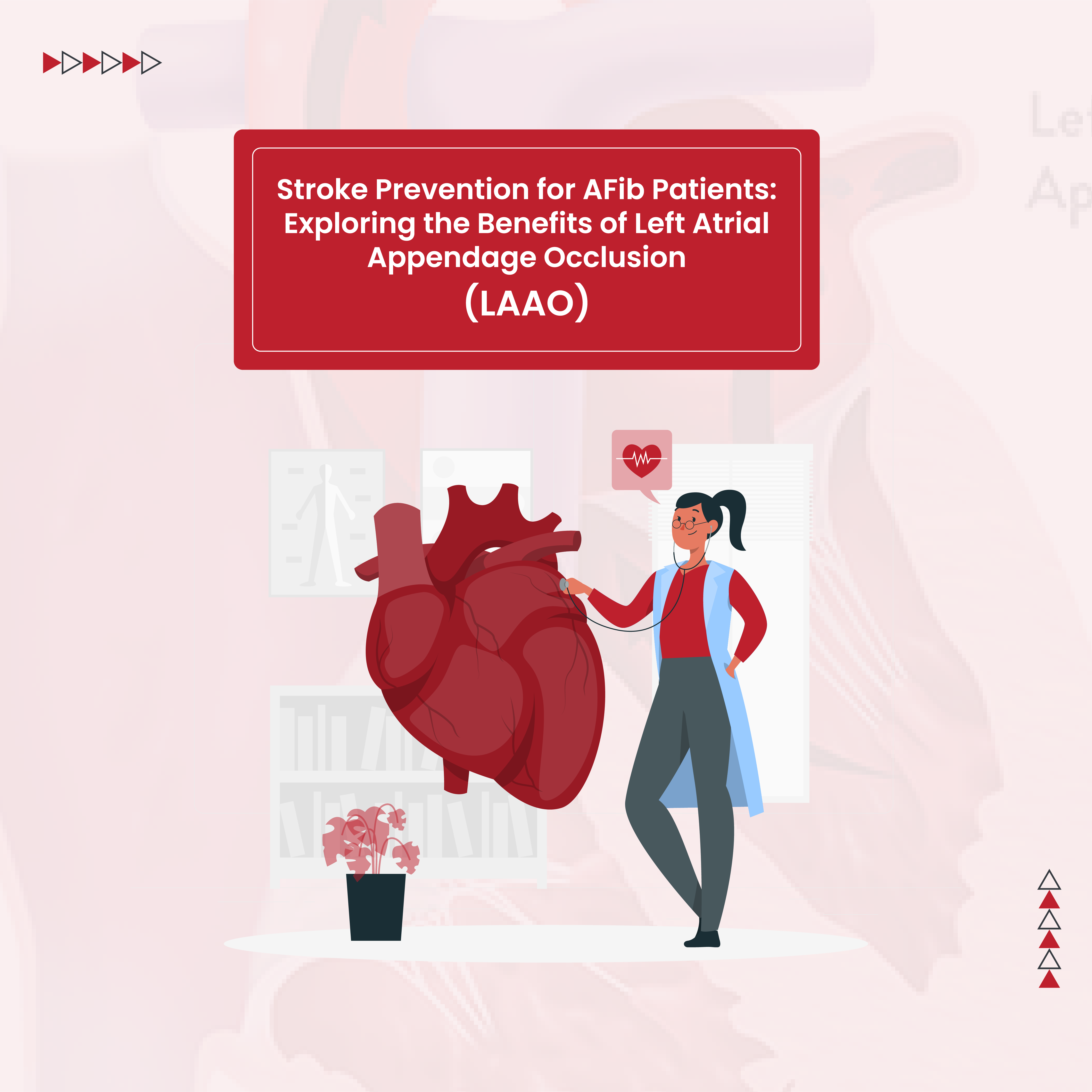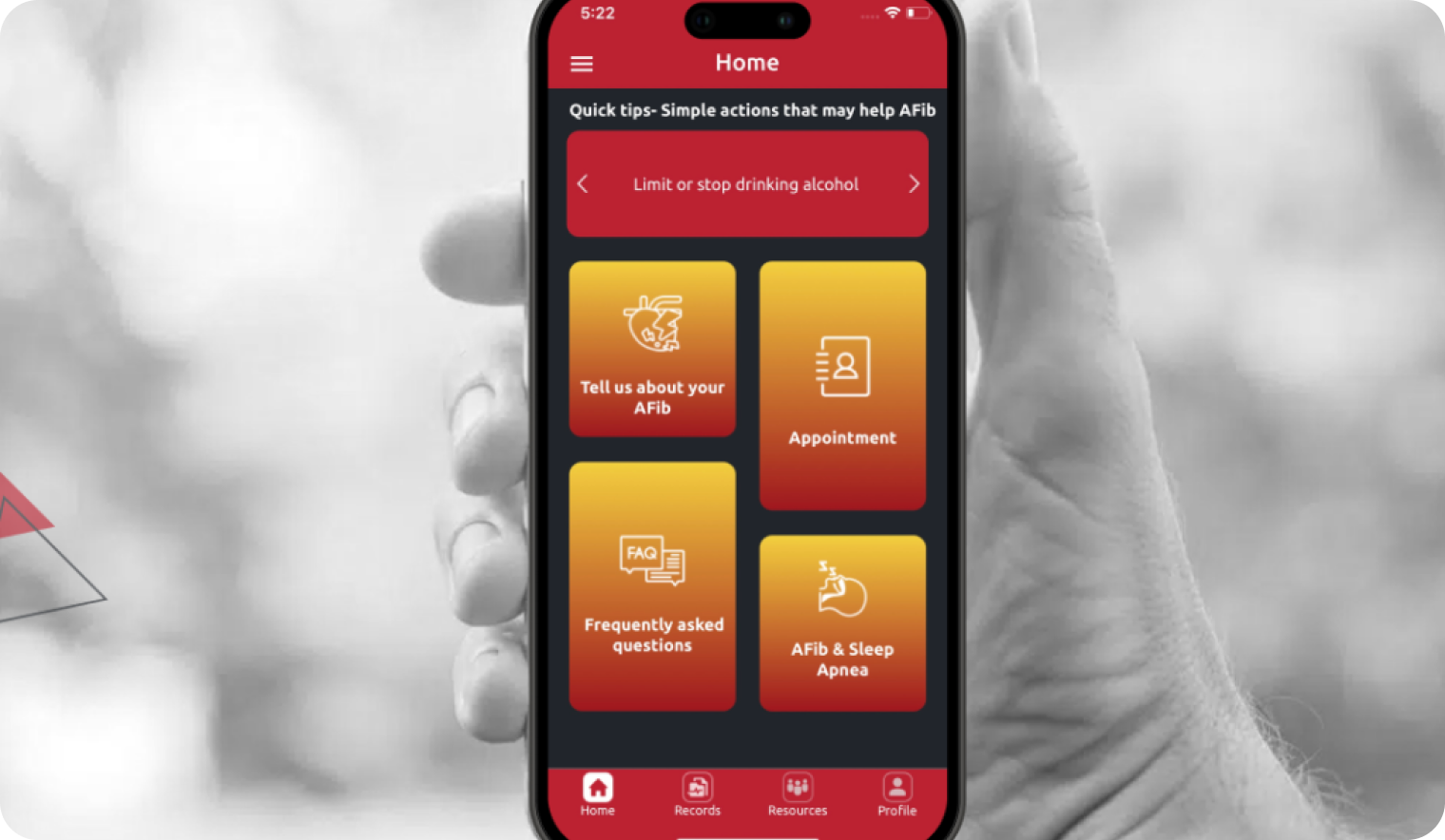COVID-19 was initially thought to be primarily a respiratory illness. However, over time we learned that it can also have a significant impact on other organ systems, including the heart. People with a history of cardiovascular disease are at higher risk of COVID-19 related complications, including hospitalization and death. COVID-19 infection puts additional stress on the body and heart failure, abnormal heart rhythms (arrhythmias), and cardiovascular disease make the heart less able to withstand and compensate for this stress.
The COVID-19 vaccine decreases the risk of COVID-19 infection, hospitalization and death. Vaccination against COVID-19-19 is an important tool for ending the pandemic and the Centers for Disease Control and Prevention (CDC) recommends that all eligible people get vaccinated. Vaccines are not perfect and do not prevent all disease. While there are breakthrough cases in which fully vaccinated people get COVID-19, the majority of COVID-19 hospitalizations and deaths are occurring amongst unvaccinated people. In addition, the COVID-19 vaccine is not without risks. For example, the mRNA vaccines (Pfizer/BioNTech and Moderna) have been associated with a very small risk of myocarditis (inflammation of the heart muscle) and pericarditis (inflammation of the sac surrounding the heart). The Janssen (Johnson & Johnson) vaccine has been linked to cases of blood clots. However, the risk of myocarditis, pericarditis, and blood clots is significantly higher with COVID-19 infection than with the COVID-19 vaccine. All of the major cardiovascular societies in the United States, including the American Heart Association and the American College of Cardiology recommend that all eligible people with a history of cardiovascular disease and arrhythmias get the COVID-19 vaccine.
How will the COVID-19 vaccine affect arrhythmias?
The COVID-19 vaccine does not have a direct effect on arrhythmias. However, before the COVID-19 vaccine the pandemic caused people to delay or forgo medical care which had a negative impact on arrhythmia diagnosis and treatment.
Atrial fibrillation (AFib) is the most common arrhythmia. Atrial fibrillation is caused by chaotic electrical impulses which originate in the heart’s upper chambers (atria). These abnormal electrical signals override the sinus node (heart’s natural pacemaker) and lead to an irregular, often fast heartbeat. Atrial fibrillation is associated with an increased risk of heart failure and stroke. Increasing evidence supports early intervention with catheter ablation to improve long-term outcomes for people with atrial fibrillation. Timely diagnosis and treatment is important to prevent AFib complications and to prevent disease progression.
The vaccine has helped loosen restrictions on people’s activities and people are once again getting routine medical care like annual physical exams. This should improve AFib detection because atrial fibrillation is commonly diagnosed at routine office visits. In addition, COVID-19 vaccination can help decrease the overall number of hospitalizations and allow hospitals greater capacity to do elective procedures, like catheter ablation for atrial fibrillation.
What does COVID-19 do to the cardiovascular system?
COVID-19 has both direct and indirect effects on the cardiovascular system. For example, the virus itself can infect the heart muscle and cause myocarditis. More often though the effects of COVID-19 on the cardiovascular system are more indirect. COVID-19 activates the immune system and can cause a surge of inflammation, dysfunction of the blood vessel walls, and blood clots which can all put additional strain on the heart. COVID-19 effects on the heart can include:
- Acute injury. Blood markers indicating heart muscle damage are present in approximately 10-30% of people hospitalized with COVID-19.
- Myocarditis. Inflammation of the heart muscle that can lead to heart failure and cardiac arrhythmia. Associated with an increased risk of cardiac arrest.
- Right heart failure. Pneumonia, blood clots and lung scarring can increase strain on the right side of the heart. If the right heart gets overworked the muscle becomes weak and dilated which makes it less able to pump blood through the heart. This can cause fluid to back up into the legs, abdomen, kidneys and liver.
- Heart attack. Inflammation, dysfunction of the blood vessel walls, and blood clots can all increase the risk of heart attack during COVID-19 infection.
- Arrhythmia. The body’s inflammatory response to COVID-19 can irritate the heart’s electrical system and cause heart beats that are too fast or too slow. COVID-19 does not cause one particular type of arrhythmia. Irregular heartbeat, atrial fibrillation, atrial flutter, and ventricular tachycardia are examples of arrhythmias that can be seen during COVID-19 infection.
- Blood clots. An increased incidence of blood clots during COVID-19 infection is associated with an increased risk of stroke, heart attack, and blood clots in the lungs.
Are the vaccines safe for people with a history of heart disease, heart attack or cardiovascular risk factors?
COVID-19-19 vaccines are safe and are recommended for people with a history of heart disease, heart attack or cardiovascular risk factors. People with the following heart disease or cardiovascular risk factors are at a higher risk of complications from COVID-19 infection, including hospitalization and death.
- Heart failure
- Coronary artery disease or heart attack
- High blood pressure
- Cardiomyopathy (weakened heart muscle)
- Obesity
- Diabetes
If you have cardiovascular disease, history of heart attack or cardiovascular risk factors, staying up to date on your COVID-19 vaccine and boosters is an important part of your COVID-19 prevention toolkit. Severe COVID-19 infection can cause low blood pressure, low oxygen, blood clots, and an inflammation surge (cytokine storm). Cardiovascular disease makes the heart less able to compensate for the changes that can occur during severe COVID-19 infection.
There is a very small risk of myocarditis (inflammation of the heart muscle) and pericarditis (inflammation of the sac surrounding the heart) associated with the COVID-19-19 vaccines mRNA (Pfizer/BioNTech and Moderna). Myocarditis and/or pericarditis have not been seen after the Janssen (Johnson & Johnson) vaccine. The incidence of mRNA vaccine associated myocarditis or pericarditis is 0.5-1 cases per 100,000 fully vaccinated individuals with most cases occurring in men younger than 30 years old. Vaccine-related myocarditis and pericarditis is typically very mild and short-lived, and is easily managed with standard medications. It does not occur more frequently in people with heart disease.
Who should not take the COVID-19 vaccine?
According to the Centers for Disease Control, the vast majority of eligible people should receive the COVID-19 vaccine. However, there are certain instances when caution is advised. It is important to talk to your healthcare provider if you are affected by any of the conditions listed below. The decision to proceed with COVID-19 vaccine may be influenced by your risk of COVID-19 exposure, risk of severe infection or COVID-19 complications, and the availability of medical facilities to manage COVID-19 vaccine related complications (i.e. anaphylaxis).
- Allergy
- History of an immediate allergic reaction after a previous dose or known allergy to a component of the COVID-19 vaccine. An immediate allergic reaction is defined as developing any of these allergic symptoms within 4 hours of vaccine administration:
- Hives: Red, itchy welts
- Angioedema: Similar to hives but affects the deeper layers of the skin and may include swelling or redness of the lips, cheeks and eyes.
- Difficulty breathing and wheezing
- Anaphylaxis
- History of an immediate allergic reaction to other vaccines or injectable medications (other than allergy shots).
- Current symptomatic COVID-19 infection. Vaccination is recommended after symptoms have resolved and the isolation period has ended.
- Myocarditis or pericarditis after prior COVID-19 vaccine
- Prior MIS-C or MIS-A (multisystem inflammatory syndrome of children or adults)
- History of Guillain-Barre syndrome
What treatments can you take at home for COVID-19 that will not interfere with heart conditions and medications?
If you think you have COVID-19 it is important to get tested. If you have COVID-19, it is important to isolate to prevent infecting others. Continue taking all of your usual heart medications while you are sick. Talk to your healthcare provider about if there are any specific treatments (i.e. monoclonal antibodies, etc.) that you might benefit from. Some additional things you can do at home that may be helpful include:
- Take Vitamin C, Vitamin D, and Zinc. These supplements may help the body fight infection. If you are taking Zinc, be sure to take it at least 2 hours apart from your heart medications as it can affect the way some medications are absorbed.
- Acetaminophen (Tylenol). Can be taken to reduce fever.
- Guaifenesin (Mucinex, Robitussin). Helps thin mucus and can be taken to help alleviate congestion.
- Stay hydrated
- Rest








